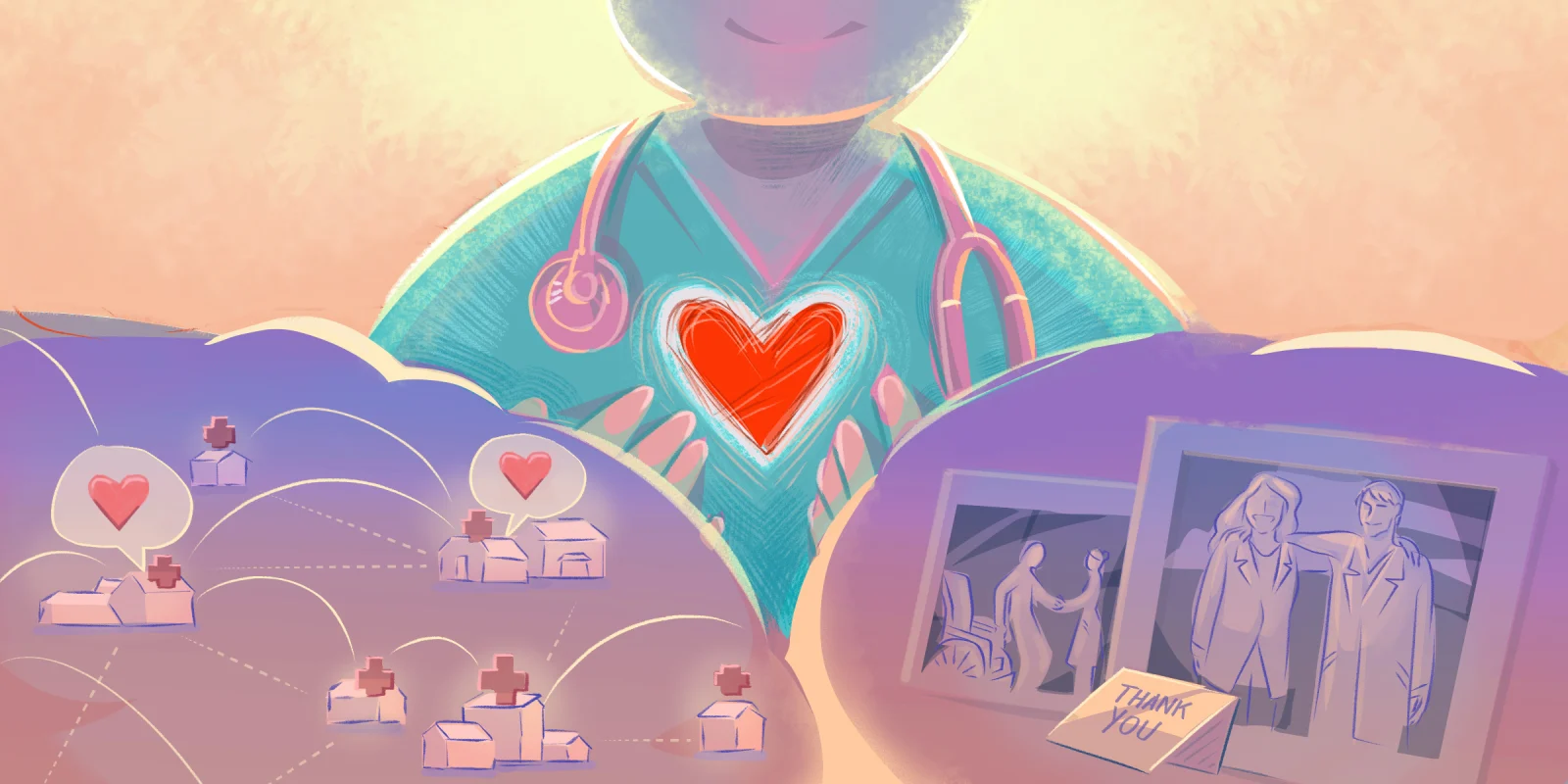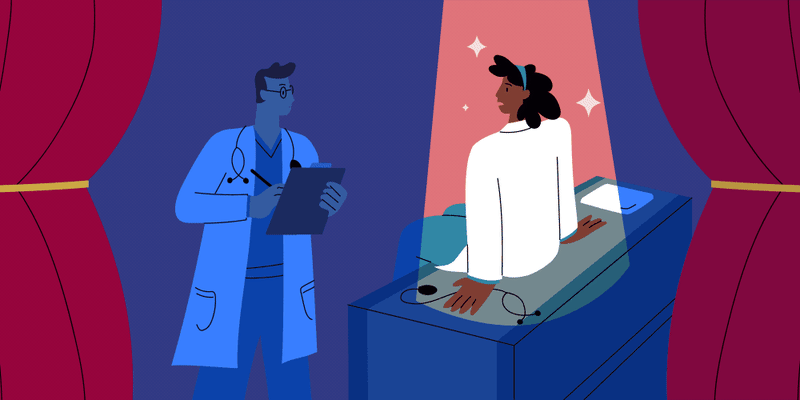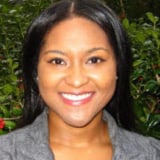For me, one of the advantages of being an academic pediatric rheumatologist — versus a pediatric rheumatologist in private practice, for example — is that I get to spend time doing many of the things I love. To start, teaching is part of the job description. I enjoy training medical students, residents, and fellows, knowing that they are the ones who will care for the next generation of children with lupus and juvenile arthritis. In academia, research and writing are also areas of emphasis. It’s a great feeling when a paper is finally accepted for publication, and when it actually appears in print, or online!
Still, when I was making the choice to work in academia, I worried that I might not be able to engage as fully in meaningful clinical practice. I am grateful to report that this is not the case. I went to medical school because I wanted to be a doctor — clinical medicine was my first love, and being an academic has not precluded me from continuing to love it. Indeed, as a pediatric rheumatologist, I care for many patients. With many of these patients, and their families, I have formed strong bonds. I am keenly aware that parents trust their most valuable possessions, their children, to my care, and I take that responsibility seriously.
Whenever I can, I take opportunities to see children with rheumatic diseases outside the clinic. I generally walk in the Juvenile Arthritis Walk, or participate in the Jingle Bell Run, or sign up to be a Camp Doctor for Camp AcheAway. Indeed, one of many meaningful encounters I remember happened during a Juvenile Arthritis walk. Several years ago, I was getting ready to attend the walk. My parents were visiting and my father, a retired professor of horticulture, wanted to come along. Though he was 83 years old at the time, he loved to go on hikes and walks, and I was glad to take him along. We were delayed getting to the venue (the roads near the event had been closed and there was more traffic than usual), so by the time we registered and got to the starting line, the walk had already begun. Most teams of children and their families were already on their way. It was a beautiful spring day in Atlanta, and there were lots of participants, several of them in strollers and wagons. My dad and I started walking and as we picked up our pace, we gradually caught up with several teams that were composed of my patients and their families and friends. We passed many others I did not know, of course, but we were enjoying the friendly waves and the festive atmosphere in general.
After walking briskly for about 30 minutes, we found ourselves behind a large team of adults and children. They all had yellow team T-shirts and printed on the back of each was the phrase “Special thanks to Dr. Prahalad.” It was the team of a patient with juvenile arthritis I had known for several years. I was so moved by their gesture and greatly appreciated it. My dad, however, was rendered speechless. He was usually not the kind of man to show his emotions, but on that day, he was in tears. I introduced him to my young patient and her parents. My patient’s family even gifted him a T-shirt. It was a bit too large, as they had run out of his size, but still, he cherished that T-shirt.
I didn’t realize how much the incident had affected him until months later. As my parents were packing to leave, my mom and I were having a conversation about my work in academic medicine. She wanted to know if I had considered going into private practice like many of my classmates from medical school. My dad, who had been quiet until then, piped up and said, “Stay where you are and keep doing what you are doing. People have your name on their T- shirts.” In that moment, my dad reinforced for me the significance of the impact physicians can have in patients’ lives.
To be appreciated for doing what I love is very rewarding. I cherish the many gifts my patients have bestowed upon me, tangible or otherwise. I have, among other things, many sheets of paper with colored pictures from my young patients; an essay from a high school patient who wrote an essay declaring she wanted to be a pediatric rheumatologist one day; and a small, smooth pebble a boy with juvenile arthritis found in the woods and wanted me to keep. Once, I was flattered to find that a middle-schooler named her toy monkey “Prally” after me! A teenager who was an accomplished artist painted me a zebra once; I framed it and it hangs in my office to this day. I have a small fridge magnet that says, “A caring heart is the best medicine,” given by the mom of a child with a rare genetic periodic fever who I was able to diagnose after years of mysterious fevers.
There are innumerable gifts like this, all of them special, and these tokens of appreciation brighten my day when other things don’t go as planned. When a grant application that took weeks to put together is triaged without discussion, or a paper is rejected without review, or I get a denial in the mail for a biological medication, or receive a last-minute assignment for the next committee meeting, I can always count on these pieces of memorabilia to lift my spirits and put a smile on my face. These gifts are visual reminders of the reason for why I do what I do: it’s for the children.
Do you keep visual reminders in your work space? Tell us about your patient memorabilia in the comments!
Dr. Sampath Prahalad is a Professor of Pediatrics at Emory University and is the Chief of Pediatric Rheumatology at Children’s Healthcare of Atlanta. He is a physician, scientist, scholar, and mentor with a focus on juvenile arthritis, familial autoimmunity, and translational research. A devoted father and a husband, when he is not in the hospital, he loves to hike, travel, or try a new recipe on his instant pot. Dr. Prahalad is a 2021–2022 Doximity Op-Med Fellow. You can find him on Twitter @prahalpedrheum.
Illustration by April Brust







